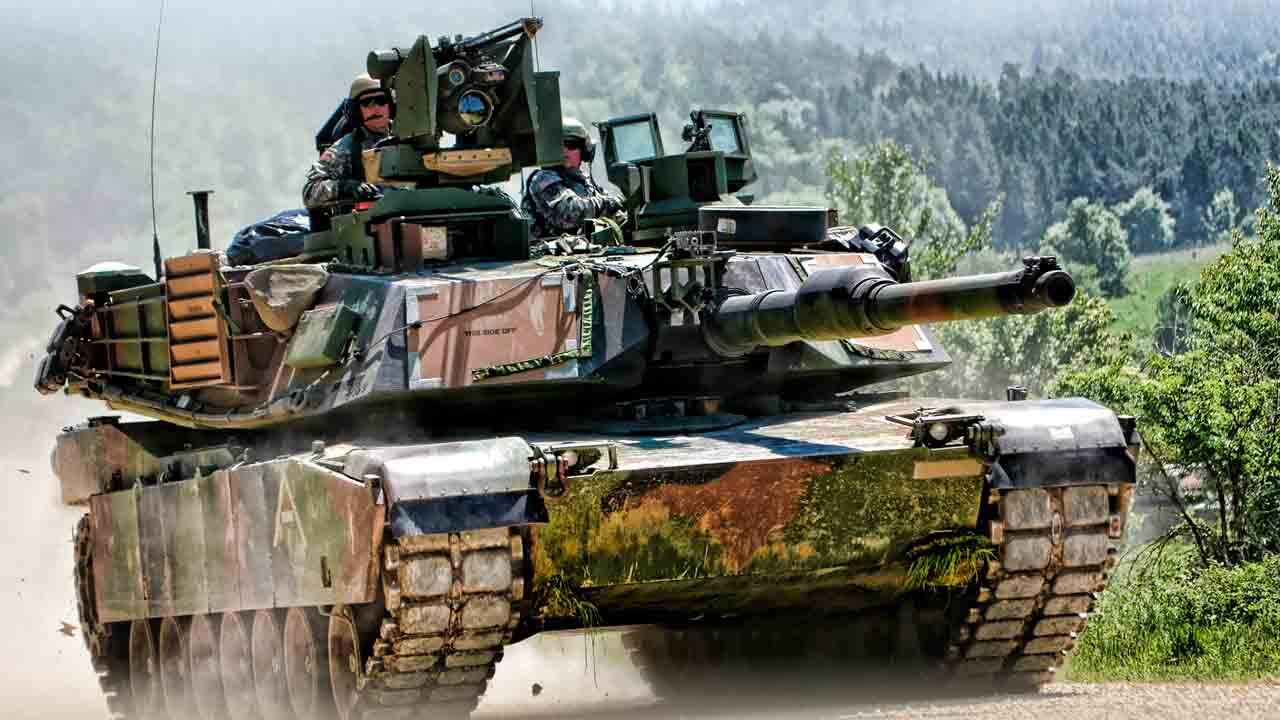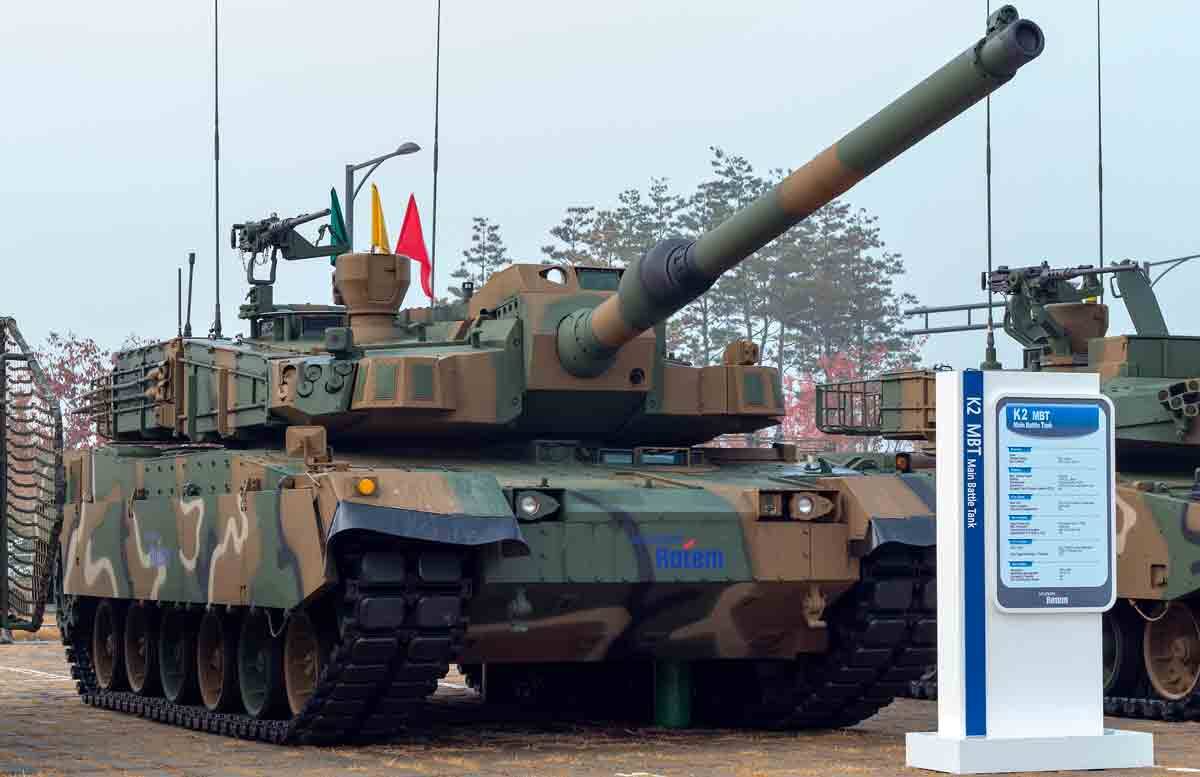
By 2030, Poland will have more tanks than the UK, Germany, France, Netherlands, Belgium, and Italy combined.
+ American racer Ashlea Albertson dies in car accident at age 24
+ The world’s five most powerful air-to-air missiles
Following the Ukraine’s invasion by Russia, the Polish government is undertaking a multibillion-dollar upgrade of its ground forces. The improvements are designed to deter and, if necessary, defeat Russia should its march westward continue.
Poland has a history of being attacked both from the east and the west, and Warsaw’s purchase of nearly 1,300 new American and South Korean tanks is a strong signal that they intend to counter these threats.
Last week, Michigan-based General Dynamics Land Systems announced a contract with the Polish government to build 250 Abrams M1A2 version 3 (SEPv3) battle tanks. The contract is worth $1.15 billion, or $4.6 million per tank.
It’s part of an even larger $6 billion deal that includes 26 M88A2 Hercules armored recovery vehicles, 17 M1110 Joint Assault Bridges, 776 machine guns, and about 33,000 tank ammunition rounds. The agreement also includes training simulators, technical manuals, and funds for the salaries of 74 US government employees and civilian contractors over the next five years.
The 250 Abrams tanks will go to Warsaw’s 1st Armored Brigade, part of the newly-created 18th Mechanized Division. The first tanks will arrive in 2025. In the meantime, the US Army is loaning the Polish Ground Forces 28 M1A2 tanks, used in the new Abrams Tank Training Academy in the Biedrusko Training Area, Poland.
The M1A2SEPv3 is the latest version of the M1 Abrams tank. Introduced for the first time in the early 80s, the M1A2SEPv3 includes over four decades of improvements, featuring a larger 120 millimeter main gun; depleted uranium armor; CROWS-LP remote control machine guns; third-generation infrared sights; digital command, control, and communications hardware and software; and a new ammunition data link that allows the tank to use computer-controlled ammunition.
This comes after an even larger deal between Poland and South Korea for 980 K2 Black Panther tanks, 648 self-propelled K-9 Krab howitzers, and 48 advanced FA-50 light training/fighter aircraft. Poland will import the first batch of 180 K2PL tanks, with another 800 manufactured in Poland, under the name “Wilk” (“Wolf”).
Developed by Hyundai, the K2PL is a Polish variant of South Korea’s latest battle tank and is in the same category as the American Abrams. Like the Abrams, the K2PL is also equipped with a 120 millimeter main gun, although the gun barrel is slightly longer to provide a higher muzzle velocity. The gun is served by an automatic loading system, reducing the human crew to three. The K2PL is heavily armored and includes the Active Protection System, designed to intercept antitank rockets and missiles. The K2PL weighs 55 tons, making it lighter than the 68-ton M1 Abrams.
The M1A2 and K2PL tanks will replace the Cold War-era T-72 tanks, the slightly newer PT-91 Twardy tanks, and the Leopard 2PL tanks in service with the Polish Army. This will take Poland from 972 older tanks to 1,280 new tanks. Poland also has the M142 High Mobility Artillery Rocket System (HIMARS) on order, as well as the American F-35 Joint Strike Fighters.
The 1,230 new tanks will easily make Poland’s tank fleet the largest and most modern in European NATO. By the 2030s, Poland will have more tanks than the UK, Germany, France, Netherlands, Belgium, and Italy combined.
Russia, Poland’s main adversary and the world’s largest tank operator, had 2,800 tanks in active service before the start of the Ukraine invasion, with another 10,000 older tanks in storage.
Since then, Russia has lost at least 989 of its best tanks in six months of war. The US Army is second with 6,333 tanks, about half of them in active service. China is third with around 5,800 tanks.
Source: Popular Mechanics and General Dynamics

